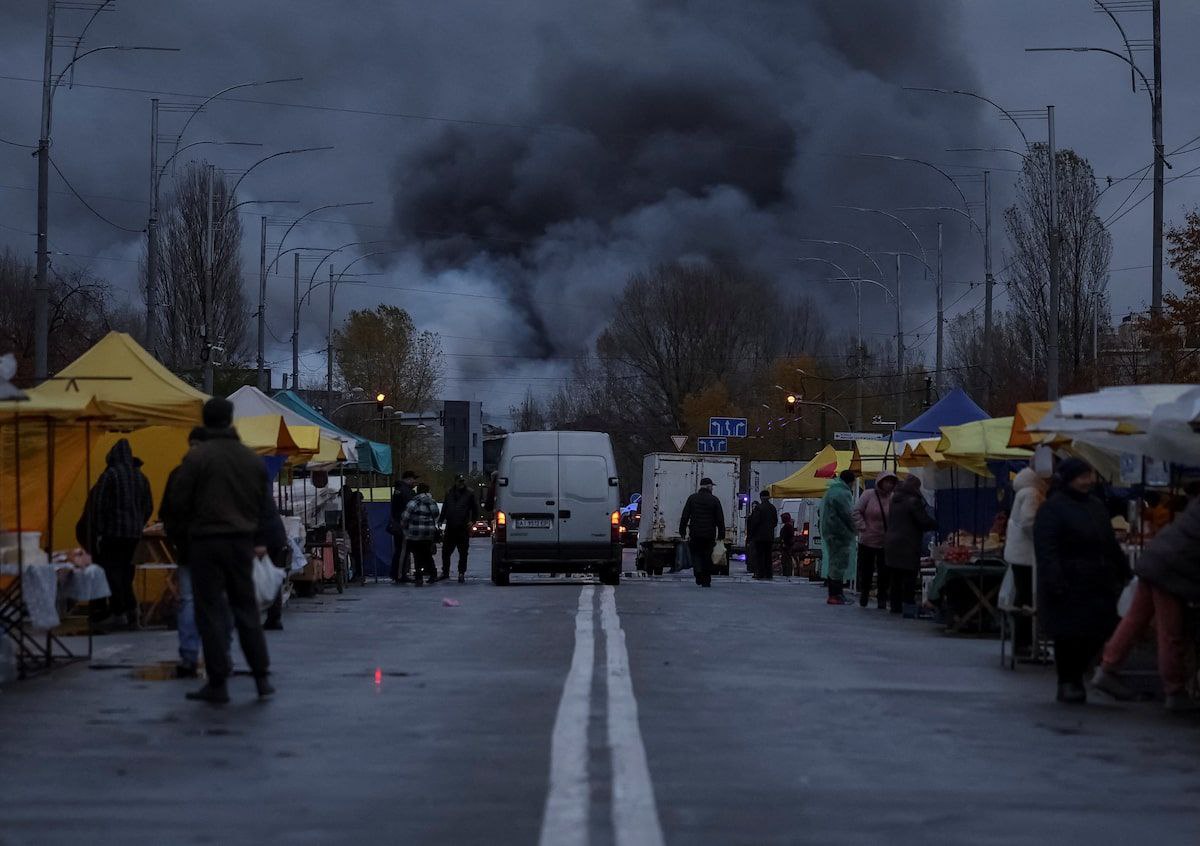Historic First: Kyiv Seeks $44 Billion From Moscow for the War’s Climate Damage

Ukraine is preparing to file an unprecedented $44 billion claim against Russia for environmental and climate damage caused by Moscow’s full-scale invasion.
The Gaze reports this, referring to Reuters.
According to Deputy Minister of Economy, Environment and Agriculture Pavlo Kartashov, Kyiv intends to seek compensation for the surge in greenhouse gas emissions linked to military operations, including the use of fossil fuels, cement, and steel in warfare, as well as widespread forest destruction resulting from fires.
If successful, this would mark the first time in history that a country demands reparations specifically for increased atmospheric emissions generated by war. “Significant harm has been inflicted on our water, soil, and forests. We are dealing with enormous additional volumes of CO₂ and greenhouse gases,” Kartashov said.
Dutch carbon-accounting specialist Lennard de Clercq estimates that Russia’s invasion has produced around 237 million tonnes of additional CO₂-equivalent emissions since February 2022 – roughly equal to the combined annual emissions of Ireland, Belgium and Austria.
De Clercq assisted Ukraine in calculating its damages based on a 2022 Nature study assessing the “social cost of carbon” at about $185 per tonne.
Ukraine plans to submit its claim through a new Council of Europe compensation mechanism, which has already registered nearly 70,000 claims from Ukrainian civilians for wartime losses.
Reuters notes that it remains uncertain where the funds for such climate-related reparations would come from. De Clercq suggests that billions of dollars in frozen Russian sovereign assets held abroad could be redirected to satisfy claims.
Beyond greenhouse emissions, Ukrainian officials warn of severe ecological consequences from Russian military actions. The destruction of the Kakhovka Dam, extensive shelling, and pollution from Russian fuel spills have caused widespread contamination in rivers and the Black Sea.
Navy spokesperson Dmytro Pletenchuk said the Black Sea is “on the brink,” with some experts referring to it as “dead” due to oxygen disruption and toxic substances accumulating in fish that threatens the entire regional food chain, including birds, marine mammals, and human consumers.
As The Gaze previously reported, the environmental damage in Ukraine as a result of the war has already reached more than 108 billion euros, and the country’s environmental restoration is becoming a key task for ensuring the security of the entire continent.
Ukraine increasingly pushes the issue of wartime ecological damage onto the global agenda. For example, a Ukrainian documentary “Divia” exploring the devastating impact of Russia’s war on Ukraine’s natural environment was presented at the United Nations International Climate Conference in Belém, Brazil.